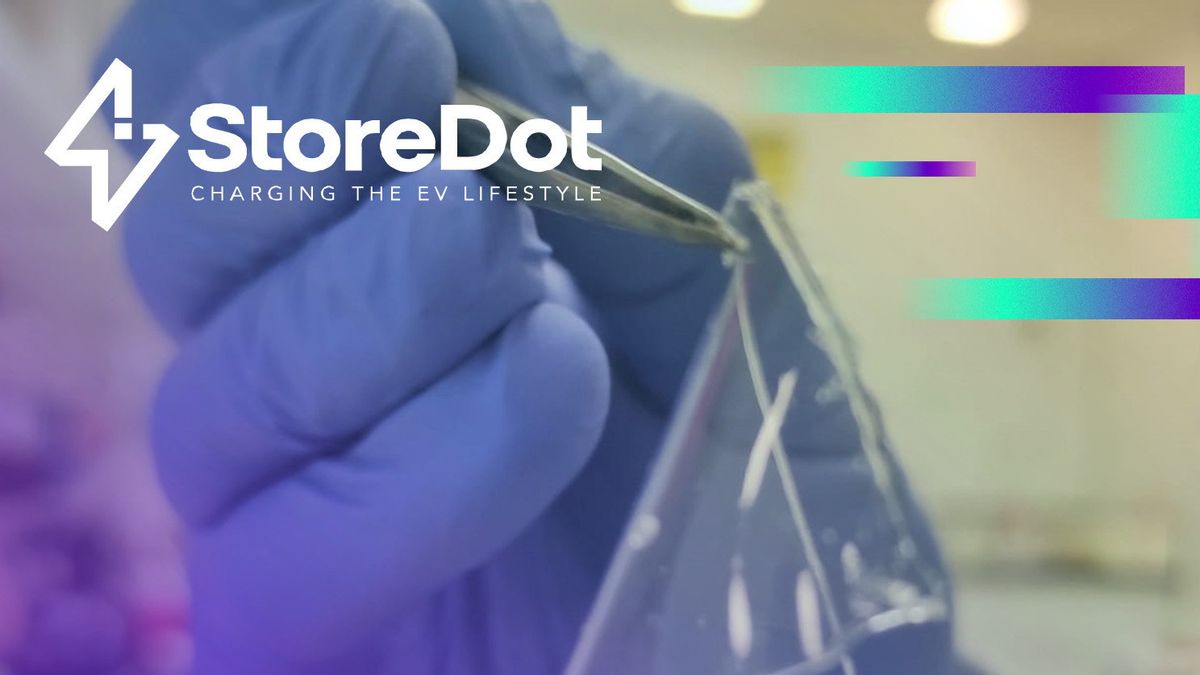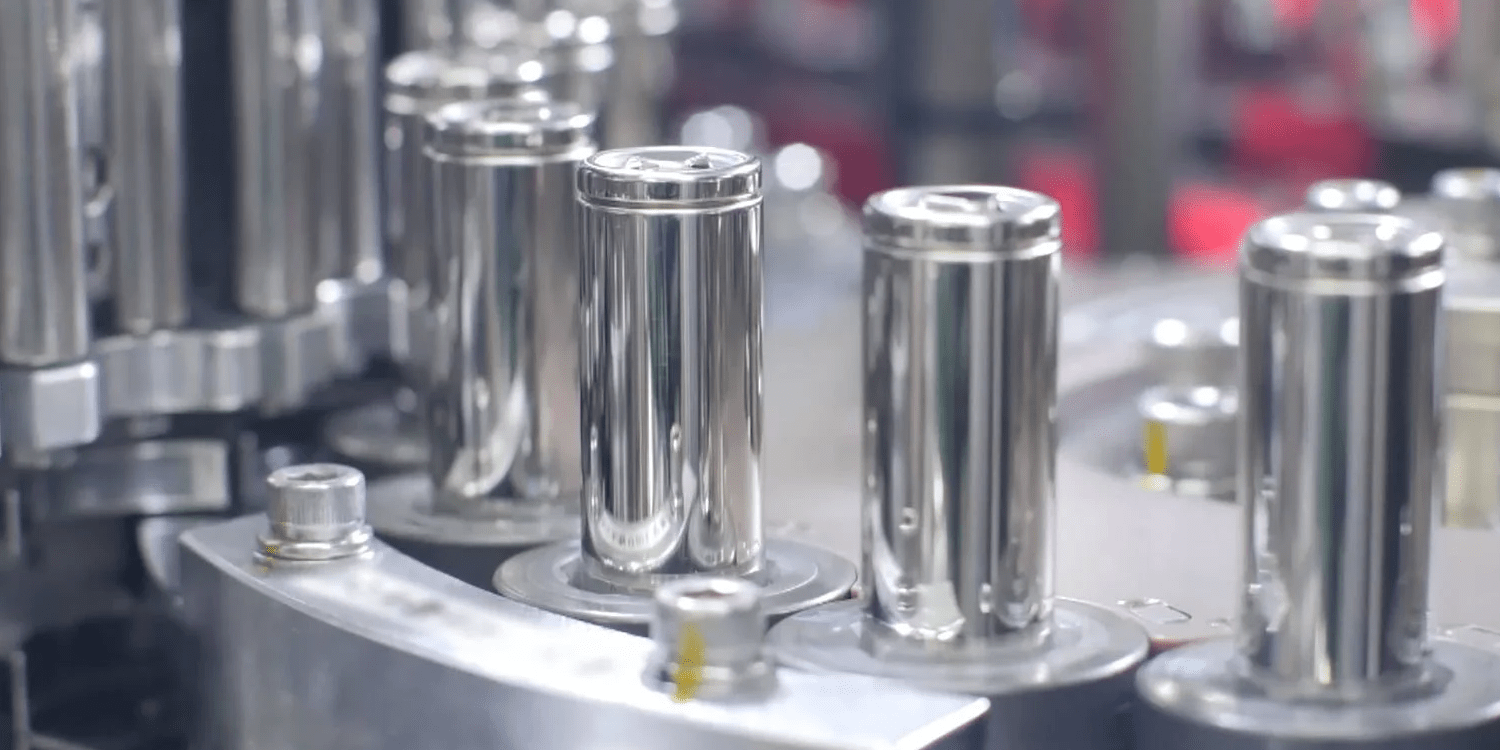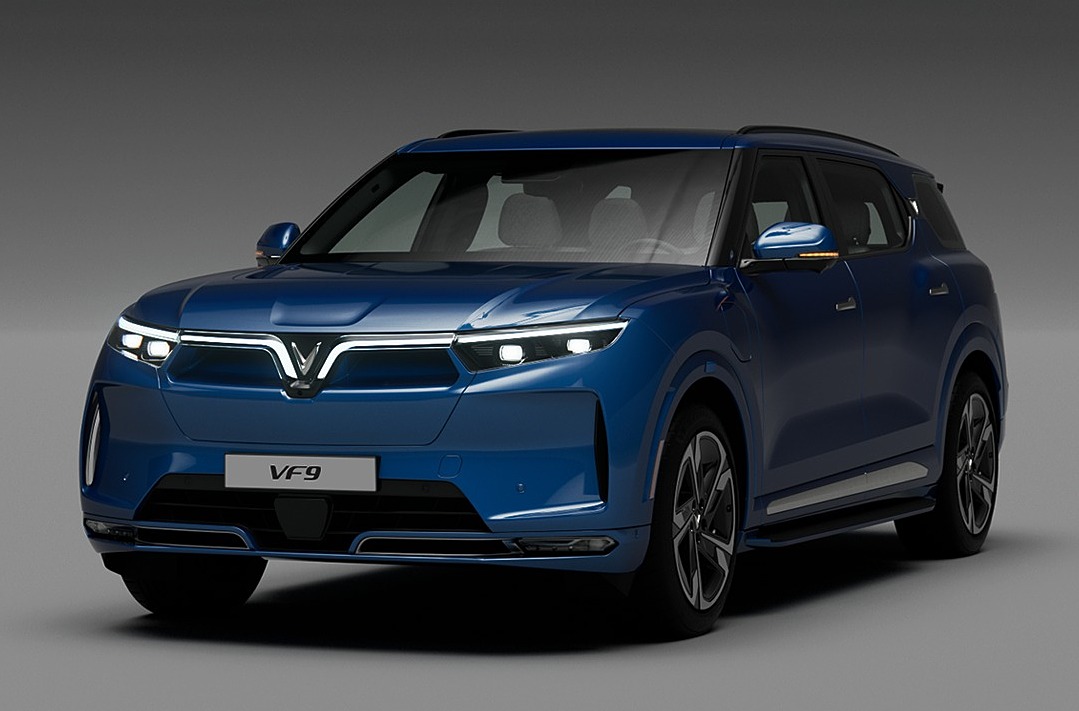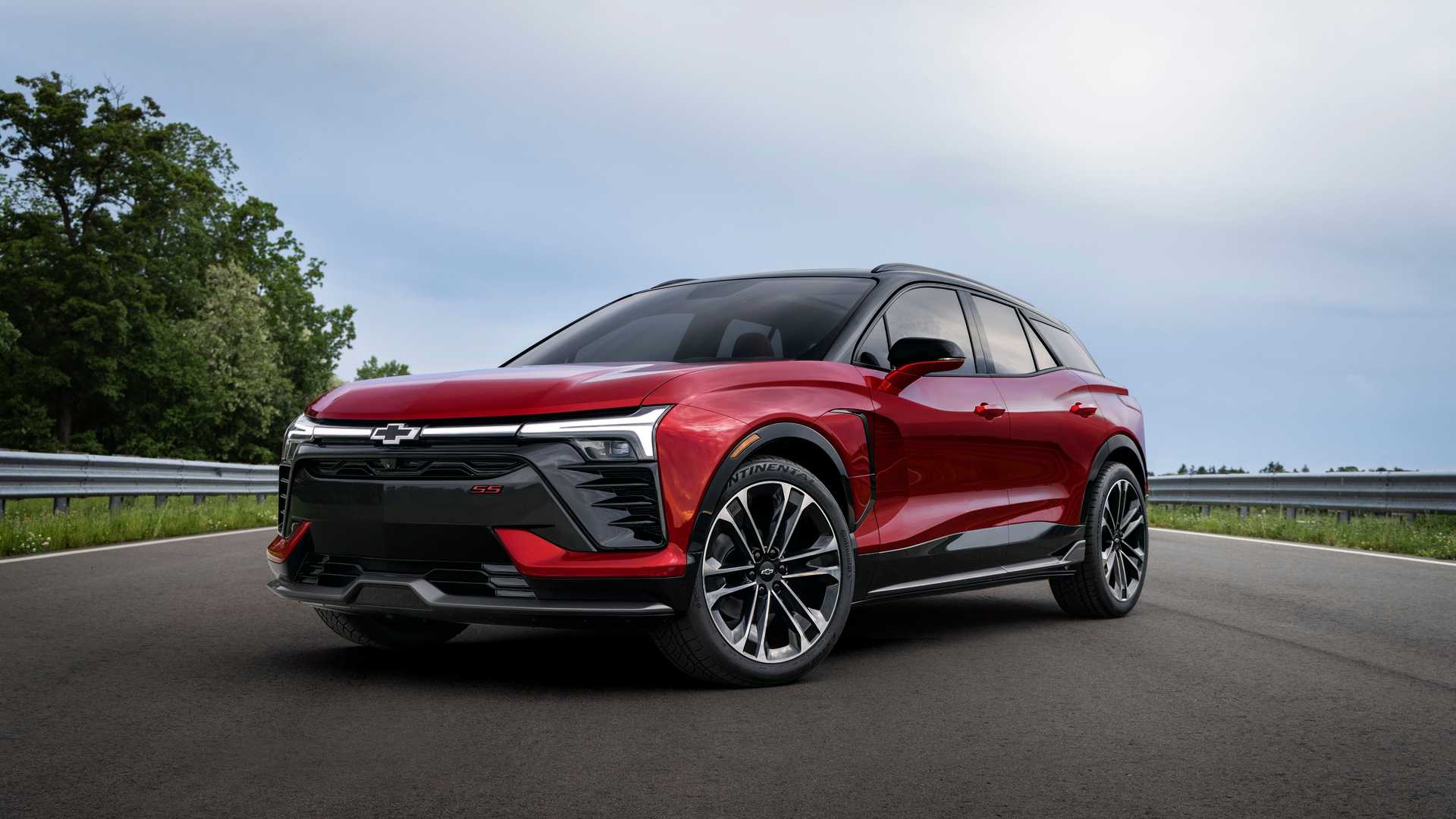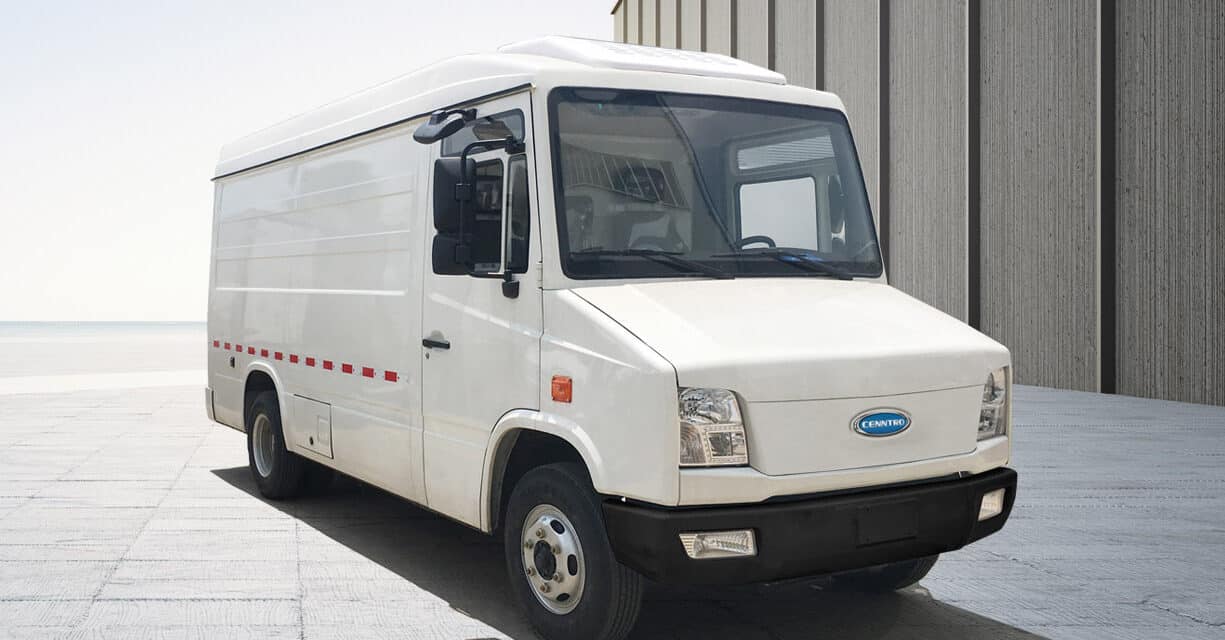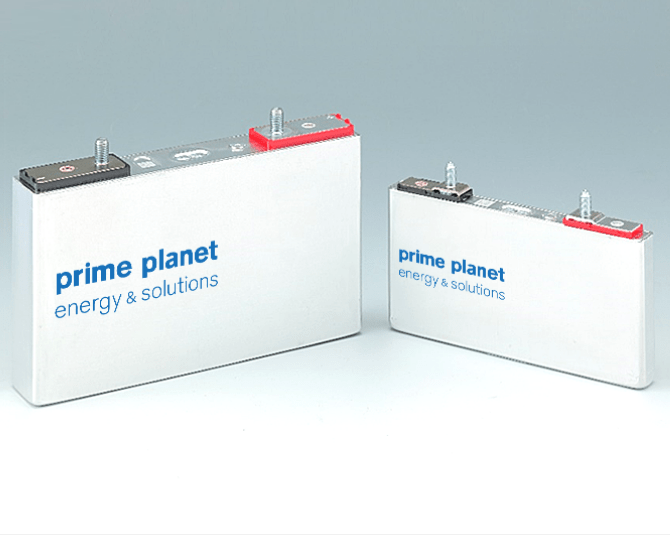StoreDot, an Israeli company that focuses on fast-charging batteries for electric vehicles, states that solid-state batteries could be mass-produced for at least another decade.
Because according to the company, global automakers still have to consider temporary technologies in the medium term, such as semi-solid batteries.
“Right now, despite some bullish claims by our competitors, all-solid-state batteries are still at least 10 years away,” said Dr Doron Myersdorf, CEO of StoreDot in a press release.
Global automotive manufacturers should be considering interim technologies in the medium term, such as semi-solid batteries – and here's why > https://t.co/iPlce8YdaS#EV #EVs #electriccars #extremefastcharging #solidstatebatteries #solidstate #evrevolution pic.twitter.com/OCcyFT7koF
— StoreDot Ltd. (@StoreDotLtd) November 2, 2022
This solid-state battery is claimed to enable fast and safe charging that is cost-effective, with high energy density for users.
But still in the process, Myersdorf said there are still significant challenges to be faced before it can be produced on a large scale.
Solid-state batteries use solid electrolytes instead of the liquid electrolytes or polymer gels found in current technologies such as lithium-ion or lithium polymer batteries.
“We believe a more practical step would be the introduction of a semi-solid-state battery that we are targeting for mass production by 2028,” he continued.
This semi-solid-state battery is claimed to be a state-of-the-art, safe, high-performance cell that can reach 100 miles of charge in just three minutes.
Last month StoreDot proved the superior performance of its extreme fast charging battery cell technology by delivering cells exceeding 1000 cycles in a production-ready EV form factor.
These cells are now shipped in pouch format to global automotive OEM partner StoreDot for intense real-world testing and demonstrate the promised ‘100in5’ EV performance, allowing the driver to charge 100 miles sequentially for every 5 minutes of charge.

